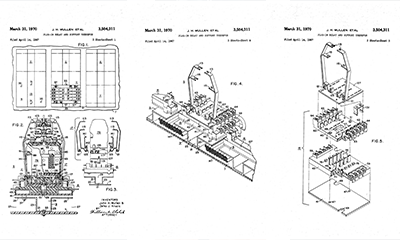ST BARTH® Prevails in Trademark Opposition Case
Charleston intellectual property attorney B.C. Killough recently prevailed in a trademark opposition case before the Trademark Trial and Appeal Board in an opinion issued in May of 2023. The Board sustained opposition to the federal trademark registration of Poupette St Barth, which was deemed to be confusingly similar to the trademark ST BARTH®.
Brands are important and valuable assets of companies, even though that value may not appear on a balance sheet. Monitoring brands used by competitors is an important part of an IP portfolio strategy. If a trademark owner believes they would be harmed by federal registration of a similar mark, they can file an opposition to the application for registration within a very limited opposition period. Monitoring of trademark applications at the United States Patent and Trademark Office provides intellectual property attorneys the ability to timely oppose the registration of conflicting marks to protect the client’s brands and prevent consumer confusion.
The Opposer in this case used ST BARTH to identify high-end luxury personal care products and has sold these products throughout the world since 1983. The applicant sought to register Poupette St Barth for personal care products with the United States Patent and Trademark Office.
The Board concluded that the marks are confusingly similar and refused to register Poupette St Barth. The Board stated that “consumers familiar with Opposer’s ST BARTH mark for perfumery, cosmetics, and other personal care products may perceive Applicant’s addition of the term POUPETTE merely as a variant or line extension of Opposer’s ST BARTH mark, with both marks indicating a single source.”
Read the entire case opinion here.
Any results the lawyer or law firm may have achieved on behalf of clients in other matters do not necessarily indicate similar results can be obtained for other clients.
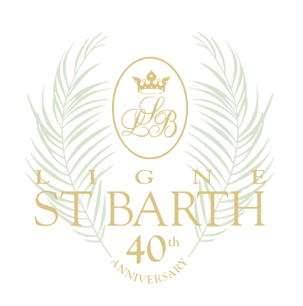
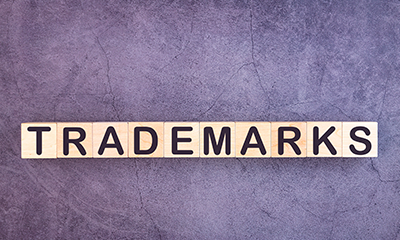


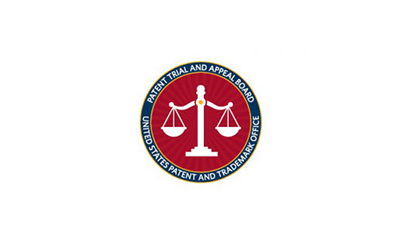
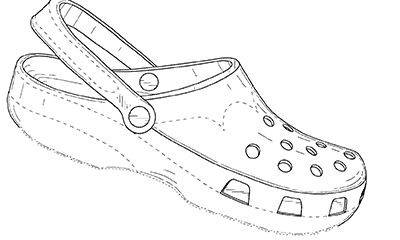

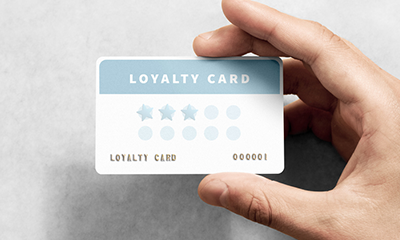

 The service mark A.W. Shuck’s will continue to be registered to its Charleston owner by the U. S. Patent and Trademark Office (USPTO). Registered patent attorney
The service mark A.W. Shuck’s will continue to be registered to its Charleston owner by the U. S. Patent and Trademark Office (USPTO). Registered patent attorney 